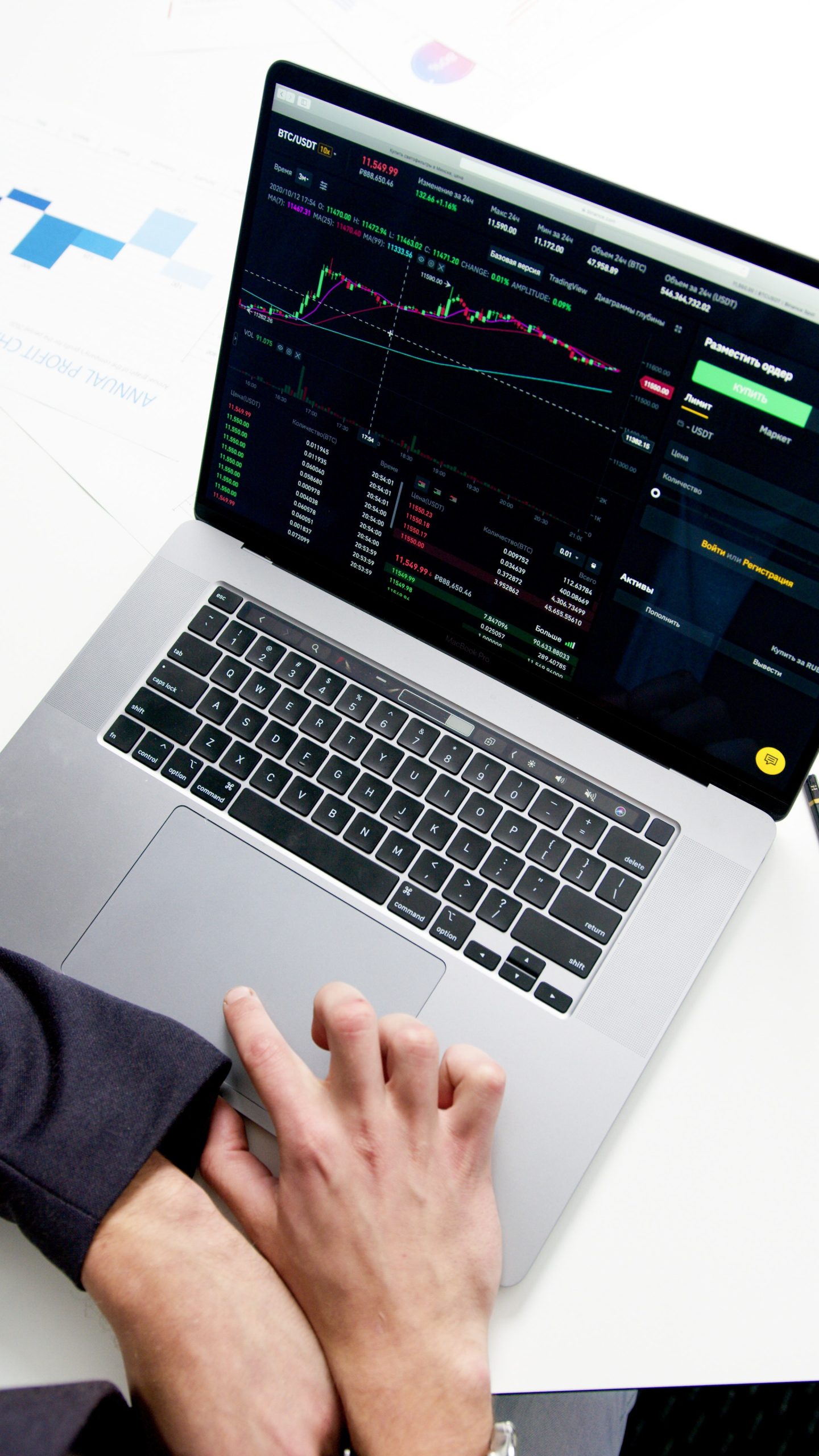US stock futures tumbled on Thursday as investors reacted to higher than expected US inflation figures. The Labor Department reported that the Consumer Price Index (CPI), which tracks prices for a basket of goods, rose 0.6% in April, the largest one-month increase since August 2012. The news sent shivers through Wall Street as it raised fears that rising prices could hit corporate profits and slow economic growth. In this article, we will discuss how the higher inflation figures have affected US stock futures and what this means for investors.
Inflation in the United States
Inflation in the United States rose more than expected in February as prices for gasoline and other goods and services increased, government data showed on Wednesday.
The consumer price index, which measures what Americans pay for everyday items like food and gas, increased 0.4% last month after a 0.3% gain in January. Economists polled by Reuters had expected CPI to rise 0.2% in February.
Higher inflation is bad news for stock markets because it erodes corporate profits, and can lead the Federal Reserve to raise interest rates to prevent the economy from overheating.
U.S. stock futures were lower after the data was released, with Dow Jones industrial average futures falling about 100 points before the opening bell.
The Impact of Inflation on Stock Futures
Inflation has a direct impact on stock futures. If inflation is higher than expected, it can lead to a decrease in stock prices. This is because when inflation is high, it indicates that the economy is growing at a faster pace than expected. This can lead to interest rates rising and stock prices falling.
What to Expect in the Future
US stock futures took a hit from higher than expected inflation figures, with the Dow Jones Industrial Average falling more than 100 points in pre-market trading. The inflation data added to concerns that the Federal Reserve may raise interest rates sooner than expected.
The Consumer Price Index rose 0.4% in January, higher than the 0.3% increase that economists had expected. The increase was driven by higher prices for gasoline, food, and shelter.
The rise in inflation is likely to add to concerns that the Fed may raise interest rates sooner than expected. The central bank has been monitoring inflation closely and has said that it will begin to normalize monetary policy when inflation reaches its 2% target.
Higher interest rates could weigh on stock prices, as higher borrowing costs would make it more expensive for companies to finance their operations. In addition, rising rates could also lead to a stronger dollar, which would hurt exports and weigh on earnings of multinational companies.
Conclusion
It is clear that US stock futures have taken a significant hit as a result of the inflation figures being higher than expected. This could lead to further losses for stocks, but it is important to remember that this change in price can be used as an opportunity by those looking to buy into the market at cheaper prices. It will be interesting to see how markets react over the coming weeks and whether we see any further volatility from traders reacting to the news of increased inflation.











